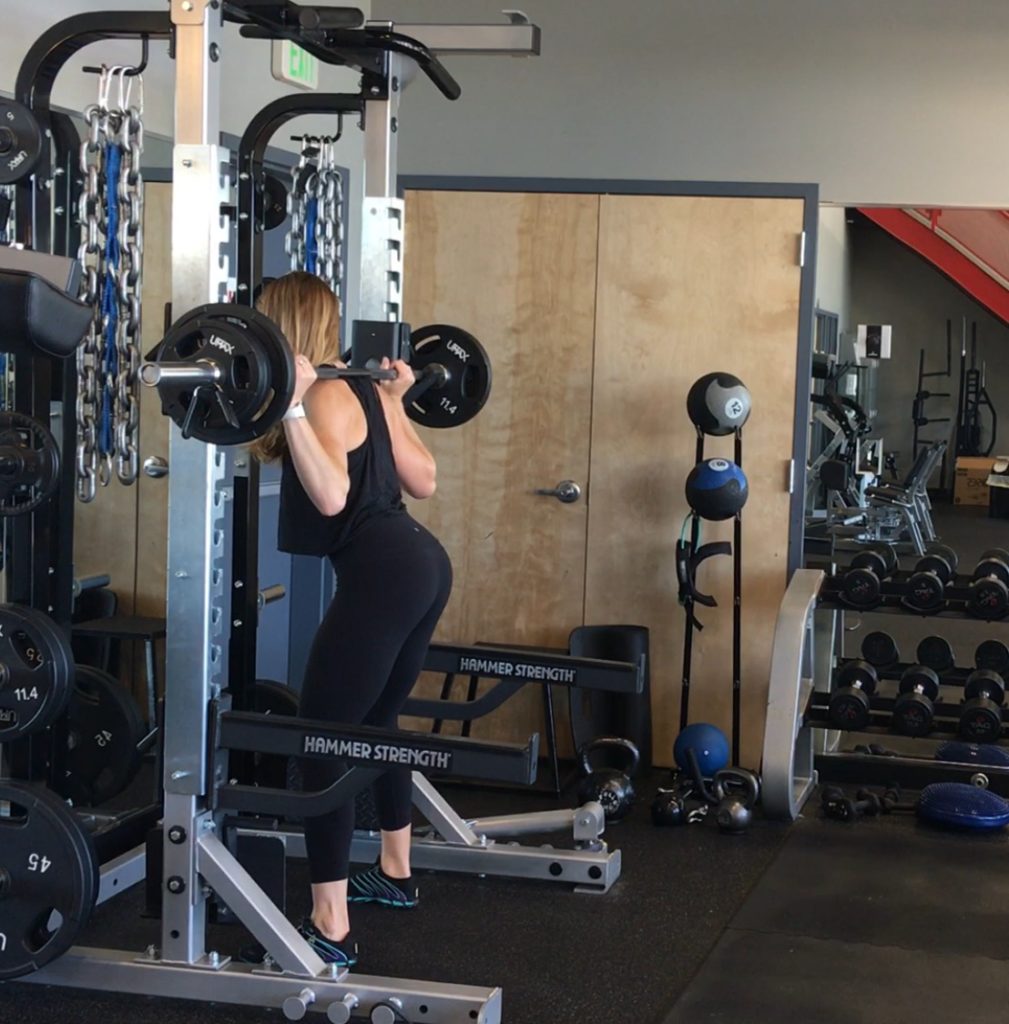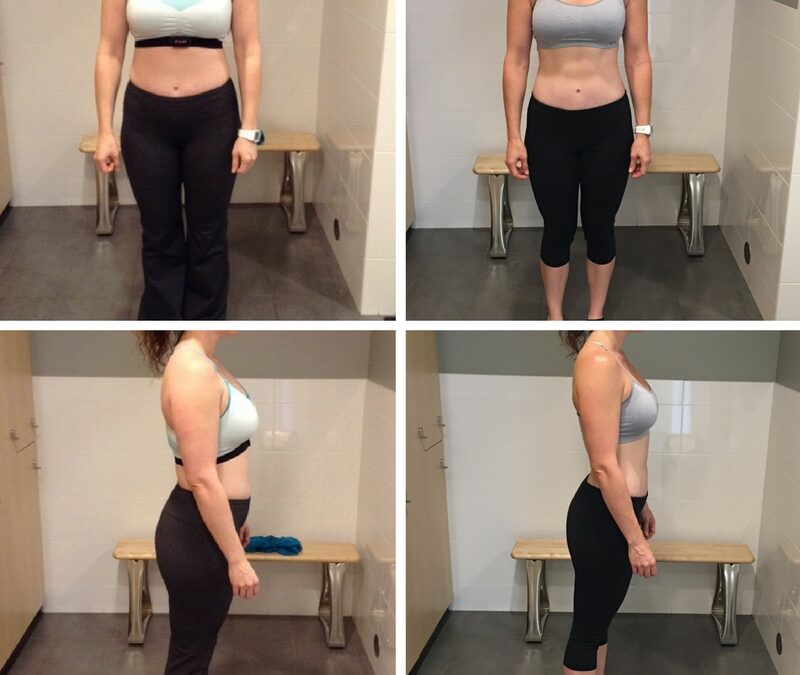Some thoughts and discussions from me.
When it comes to nutrition, my tried and true philosophy combines eating the right amounts of protein, carbohydrates, and fats and the timing at which you eat them. AKA – macronutrients and nutrient timing.
Of course, there are many other facets involved, but these two concepts are the cornerstone(s) of my nutrition coaching. If you’re a client of mine, or planning to work together in early January, then you’ll likely know these guidelines to a T. They’ve helped hundreds of my clients drop inches, lose pounds, and transform their bodies — while feeling good in the progress.

My goal is to help my clients maintain at least a 4 out of 5 on consistency and adherence with sticking with their macros and their nutrient timing.
However — it’s not ALL about following the guidelines. It’s also about following what your body is telling you.
When I give my clients their macros, I make it known that they are never ever set in stone. In fact, I adjust my clients’ macros periodically, as well as encouraging them speak up if any of their biofeedback factors are telling them something’s just not right.
Here are some of the biofeedback factors I ask my clients to keep a close eye on* between adjustments. This not only helps you to keep in tune with your hunger signals and your body, but it signifies if something needs to be adjusted:
Hunger levels
Are you too hungry? Never hungry?
I always tell my clients they should feel hungry for about 30 minutes before each meal. This not only is a way to keep in tune with your hunger signals, but it’s a way to use your own biofeedback to help determine if you’re eating too much food or not enough food.
If you’re never hungry during the day, something’s up. If you’re always hungry during the day, something needs to be changed.
Workout Performance
Even on a deficit, you shouldn’t feel like you’re trudging through every workout. Energy levels should be fairly stable, and you should feel like you’re improving – for the most part – from week to week.

Workout Recovery
Likewise, you should be able to recovery from your workouts. Sure, you might have some soreness, and that soreness might be quite a bit sore that first week, but in general, there shouldn’t be any major aches or pains from your training.
Sleep
Sleep and workout recovery go hand in hand. Sleep is a bit of a nebulous one, because SO many factors affect poor sleep, including stress, nutrient deficiencies, your environment, and your genetics.
The nutrient timing techniques used in my programs support quality sleep, but if sleep is off, it could mean we need to take a look at either your carbohydrates, their timing, or total intake.
Results
This is a big one. Are you — assuming you’re following plan at least 6 out of 7 days a week — seeing consistent fat loss? If not, it could be a sign we need to adjust. However, it’s also important to note that progress won’t be the same from week to week. Some weeks you’ll see bigger results, and some weeks smaller. As long as it’s trending in the right direction, you’re generally good to go.
Adherence
Are you able to achieve at least a 4/5 consistency for staying on plan? If you’re going over your macros or not following nutrient timing guidelines several days per week, it’s really not productive. If you can follow a less aggressive plan, you’ll have better results, not to mention self-efficacy in the long run.
*if one or more factors occurs continuously/multiple days. Of course, nearly any of the factors (especially sleep and workout recovery) could have to do with other things, like digestion, stress, etc. but it’s absolutely worth taking a look at nutrition, as well.
It’s really about knowing and listening to your body, while following the guidelines. Those guidelines should be adjusted based on what your biofeedback is telling you from week to week.

